2023 Advanced Clean Transportation (ACT) Expo, Are We There Yet?
The 2023 Advanced Clean Transportation (ACT) Expo attracted over 12,000 visitors, 2,700+ fleet operators, 275+ sponsors, exhibitors and industry partners, 200+ speakers, and featured over 145+ advanced vehicles on display. And, it presented the perfect opportunity to ask leaders in commercial transportation: Advanced clean transportation within commercial transportation, are we there yet? In this episode of the Are We There Yet? video podcast series, Host Grant Harrell explores just that, speaking with vehicle manufacturers, fleet operators, charging station manufacturers, and more!
To answer this important Are We There Yet? question, Harrell selected 16 leading companies within commercial transportation. Companies including Shell, Blue Bird, InCharge, Kenworth, Peterbilt, ROUSH CleanTech, Chargepoint, Blink, Nissan, Lightning eMotors, Forsee Power, Kodiak Robotics, Hyliion, Cenntro, Orange EV, and XL Lifts.
The overall answer to the Are We There Yet? question was a resounding yes! As you’ll see within this exciting episode, representatives from these leading companies share what they are most excited about, and how their products, services, and technologies are already making a big impact within commercial transportation.




